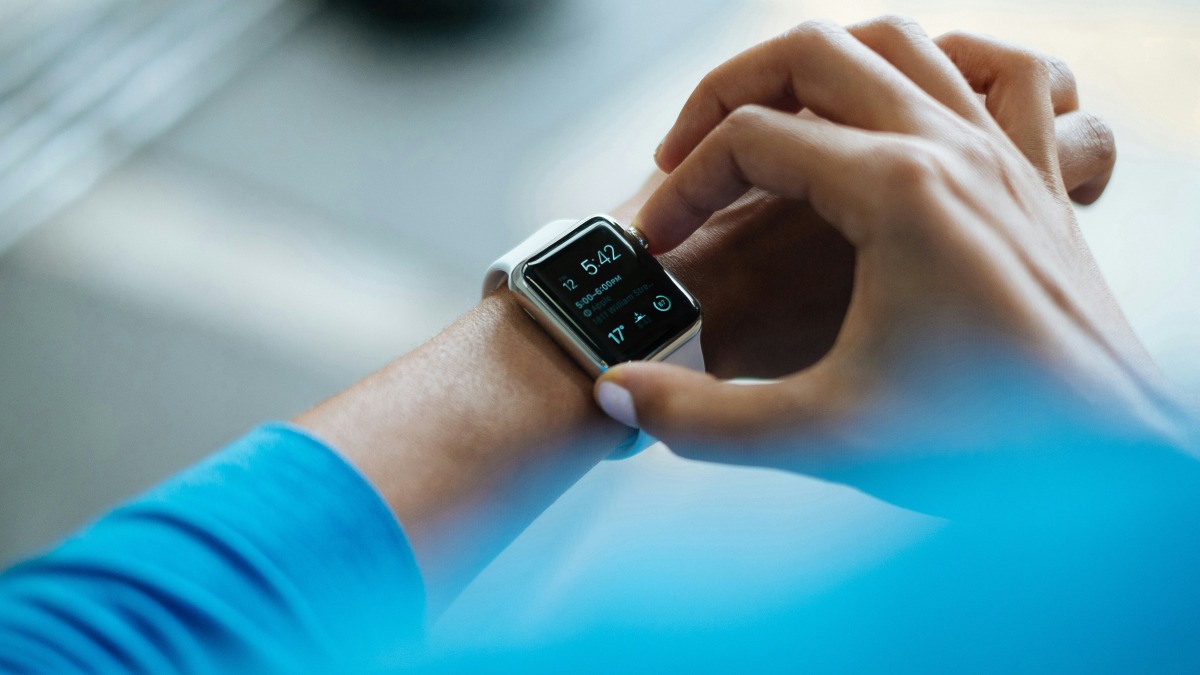Fitness trackers don’t need much to work out what’s going on in your workout.
Just an accelerometer and a gyroscope.
Both are used to detect changes in direction and motion.

The accelerometer measures, funnily enough, acceleration. As you change your running, riding or swimming pace, this mechanism uses this motion change to feed information to your smartwatch or phone’s algorithms, as does the gyroscope, which calculates position and orientation.
Combined with an inbuilt heart rate monitor – a flashing green LED, which is easily absorbed by our red blood and its reflection measured by an optical sensor – these data are bundled together with a range of other sensor information to calculate physical effort, health and performance metrics, and even predict how fast your next 5km run should be.
Fitness trackers have come a long way since simple pedometers stepped onto the science three decades ago. Now, a wide range of powerful performance tech is available – for people willing to pay.
But whether a low-key step tracker or a thousand-dollar smartwatch, fitness trackers are simply there to quantify human activity.
“When you think about people who are trying to get fit, be active or change something to do with their health, you need to measure it,” says Dr Ty Ferguson a researcher at the University of South Australia.

A year ago, Ferguson led a review of multiple studies measuring fitness tracker effectiveness. His team found wearing a fitness tracker added about 40 minutes of activity to a person’s day. An earlier study from Flinders University found something similar.
“We found that people were taking 1,800 steps a day more, once they started wearing trackers. That carried on for nearly half a year.
“People lost a kilo, and that’s pretty helpful because as they age people put on half a kilo a year.
“The point of these watches is that you have the external feedback, it’s like someone telling you, ‘this is what you’re doing, now let’s make a goal for how we can improve it.’”
Combining multiple data points – accelerometry, GPS and heart rate allows highly precise calculations. Even sleep stages are accurately measured. The only thing Ferguson says that a fitness tracker is less proficient at calculating is calorie burn.
The latest episode of Debunks, a new podcast series from Cosmos, dives into how these devices help improve health and performance, as part of a whole series looking at the health interventions and technologies that can help – or hinder – weight management.
